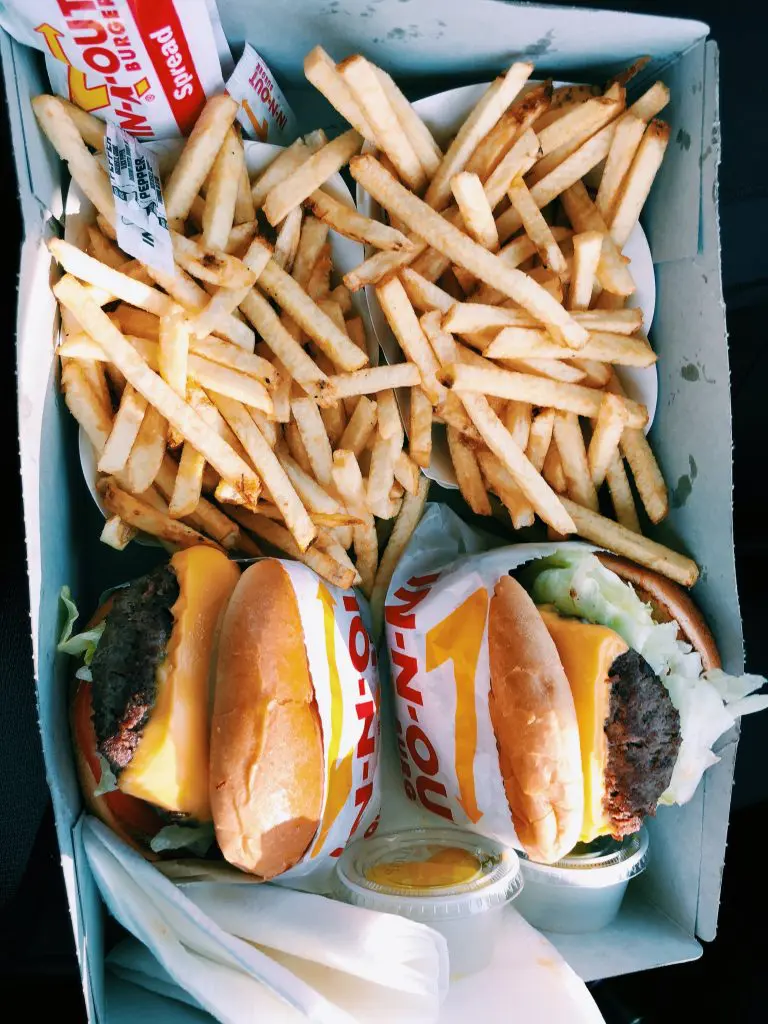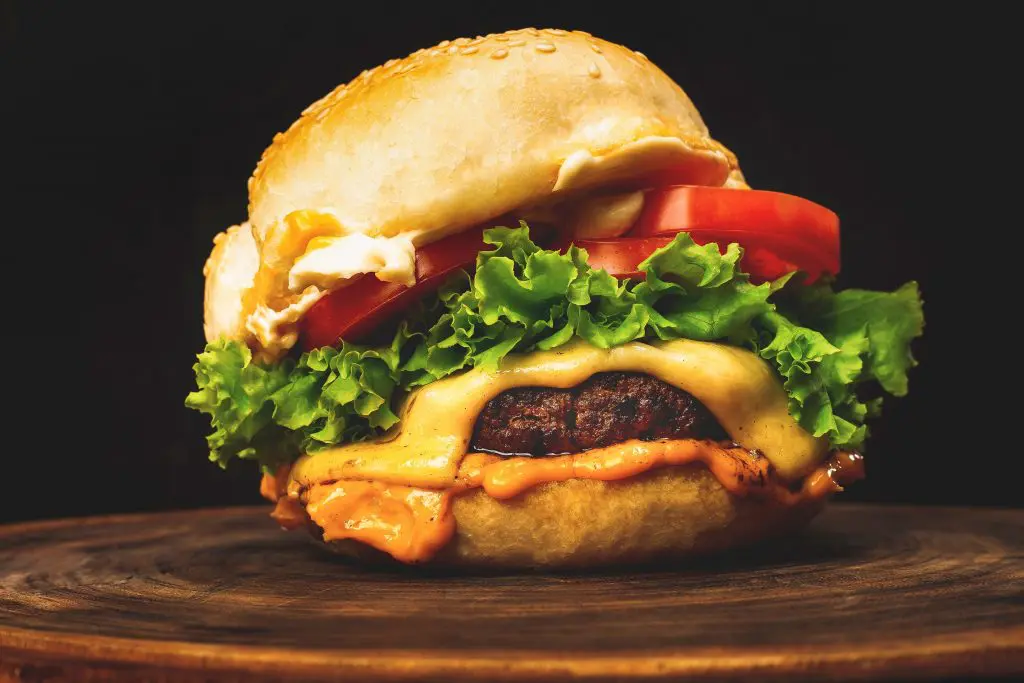Do NBA Players Eat Fast Food?
Fast food chains are one of the most ubiquitous restaurants in the country. With nearly 14,000 McDonald’s, 7,200 Burger King’s, 6,500 Wendy’s, and 5,600 Taco Bell restaurants in America, it can be difficult to avoid the allure and ease that fast food restaurants and locations provide.
However, for basketball players, and NBA players specifically, who take great care of their bodies and physique, are fast food chains an option for them?
Below, we are going to look at whether or not basketball and NBA players eat fast food and will do a deep dive into just why those players may choose to eat from those restaurants.

What is Fast Food?
Fast food, and fast-food restaurants, are a type of mass-produced food which is specifically designed for commercial resale and is typically served with an emphasis on speed and efficiency.
So called fast food due to the speed of service expected, those restaurants look to cater to an audience looking for a quick meal and one that is generally affordable.
And while fast food is a great option to eat while watching an NBA game or for someone on a tight schedule, typically the cuisine is highly processed and prepared in an industrial fashion. As such, regular consumption of fast food should be avoided and is generally deemed to be unhealthy.

Is Fast Food Bad for You?
Due to the prevalence of fast-food restaurants across the country, ample research had been completed on the effects of fast-food consumption on a person’s health. As such, countless research articles and papers have shown that regular consumption of fast food can be harmful to a person’s health.
In one study completed in 2015, irreparable effects of fast food were found, including the risks of obesity, insulin resistance, type 2 diabetes, and other cardiovascular conditions.
Similarly, due to the low amounts of fiber found in fast food, there is a higher risk of digestive conditions, including constipation and diverticular disease, to an individual who regularly consumes fast food.
Furthermore, as fast-food restaurants typically serve meals which are high in sugar, salt, saturate fats, trans fats, processed ingredients, and calories, this diet can lead to a higher rate of inflammation, lower control of infection, higher calorie rates, and a higher risk of both allergic and autoinflammatory disease.
Digging even deeper, a paper published in 2020 suggested a link between typical diets found at fast-food restaurants and a lowered capacity for memory and learning. In addition, a 2018 review found a link between fast food consumption and an increased risk in asthma, rhinoconjunctivitis, and eczema.
And lastly, a diet in which fast food is regularly introduced can increase the prevalence of high blood pressure, making a person more prone to heart attacks, stroke, kidney disease, and heart disease. In addition, as fast-food restaurants typically serve meals high in calories, the incidence of obesity can increase, leading to life-long challenges.

So, do NBA Players Avoid Fast-Food Restaurants?
While the above information is useful and generally understood, surprisingly, many NBA players do not completely avoid fast food and fast-food restaurants. And while NBA players are not immune to the effects of fast food, there are a few reasons as to why so many players indulge in their cravings for a fast-food meal.
- Ease of access – perhaps the most obvious reason but one that is equally warranted, many NBA players will eat from a fast-food restaurant due to the ease of access. As fast-food restaurants are prominently located in many of the cities in which NBA players play, opting for a quick meal can be ideal, particularly after a difficult game or long practice session.
- Nostalgia – perhaps a less discussed reason, but an equally important one, is the simple fact that eating from a fast-food location can be nostalgic. With many NBA players travelling frequently throughout the regular and post-season, eating from a fast-food restaurant can be comforting and can provide those players with feelings of home.
- Lack of knowledge – while we all assume that NBA players are surrounded by the best coaches, staff, and nutritionists, many NBA players simply grew up on fast food. This is particularly true for NBA players who were raised in tough environments and ones who had difficult upbringings. As such, they may frequently turn to fast food as their main source of food and nutrition.
- An increase in calories – in addition, for some NBA players, gaining weight and building muscle can be particularly difficult. As such, for those players who need to be in a caloric surplus, fast food provides a quick and easy way to do so. With the average number of calories in a fast-food meal coming between 700-1,200 calories, fast food is an easy option to add on calories.
- NBA players burn a lot of calories – and perhaps the most obvious reason as to why so many NBA players eat fast food is, quite simply, because they can without fear of gaining too much additional weight. The average NBA player will burn between 900-1,000 calories in a 20-minute stint of play. Not including practice, additional shoot-arounds, and an active lifestyle, these players typically burn in excess of 5,000 calories per day. As such, they are typically immune to the immediate effects of a diet rich in fast food consumption and can typically consume fast food meals without too great an effect on their bodies or their performance on the court.

Do NBA Players Eat Junk Food?
Although fast food is generally considered to be junk food, if we’re being semantic, junk food typically refers to food items which are high in calories but provide little to no nutritional value. Junk food typically refers to chips, candy bars, cakes, and cookies.
And, again, although those food are unhealthy and should be avoided, they happen to be some of the favorites of NBA players. As mentioned above, NBA players typically burn thousands of calories per day between games, practice, and an active lifestyle. As such, they are typically able to indulge a bit more than the average person.
